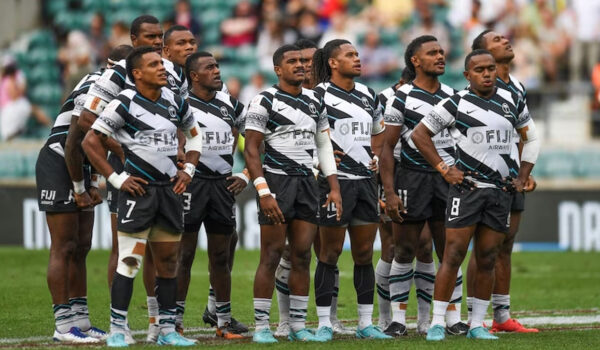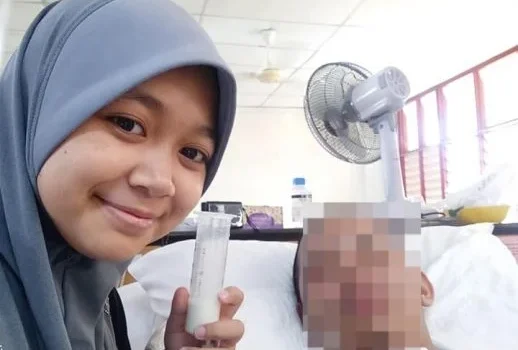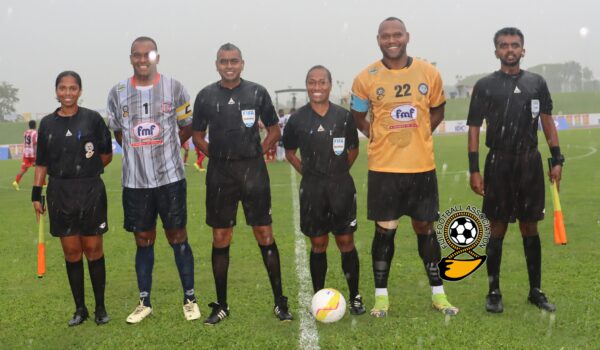Nearsightedness (myopia) is a common vision condition in which you can see objects near to you clearly, but objects farther away are blurry
One of the most staggering statistics recently highlighted predicts the global prevalence of myopia will rise to 50% of the world’s population by 2050 (or five billion people).
Up until now, the only non-invasive ways of dealing with the symptoms of myopia were prescription eyeglasses and contact lenses.
There was also the invasive solution of refractive surgery, which doesn’t guarantee that the patient won’t develop the same condition in the future
However, last year, Japanese startup Kubota Pharmaceutical announced that it had invented a special type of eyeglasses that could reverse the effects of myopia on the eye, essentially curing the condition.

Apparently, Kubota Glass eyeglasses feature micro-LEDS that project virtual images on the peripheral visual field to actively stimulate the retina, and wearing them just 60 to 90 minutes a day is enough to correct the effects of myopia.
Kubota Glass has recently gone on sale in Japan for a whopping $5,700.
Don’t despair yet, though, as this is only a trial run aimed at gauging demand for the future. The price of Kubota Glass is expected to come down as demand increases, but we’ll probably still have to pay a pretty penny to cure our nearsightedness without surgery.








